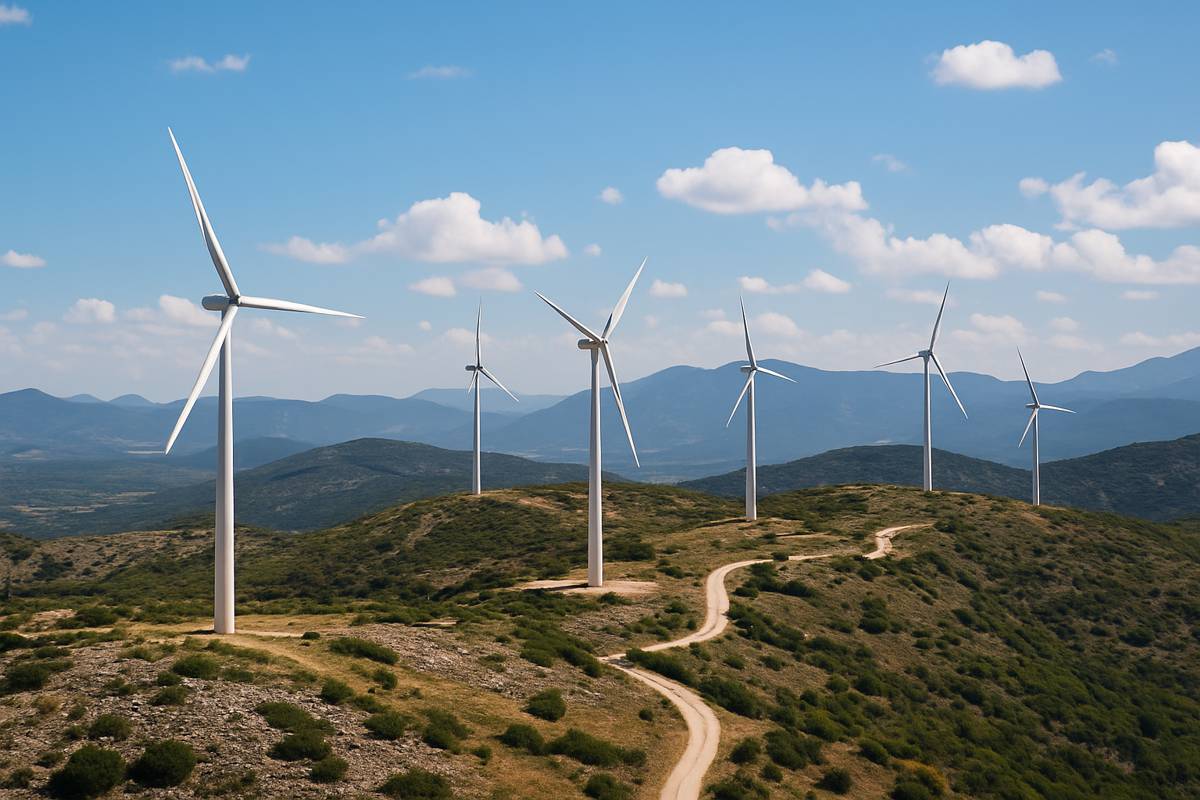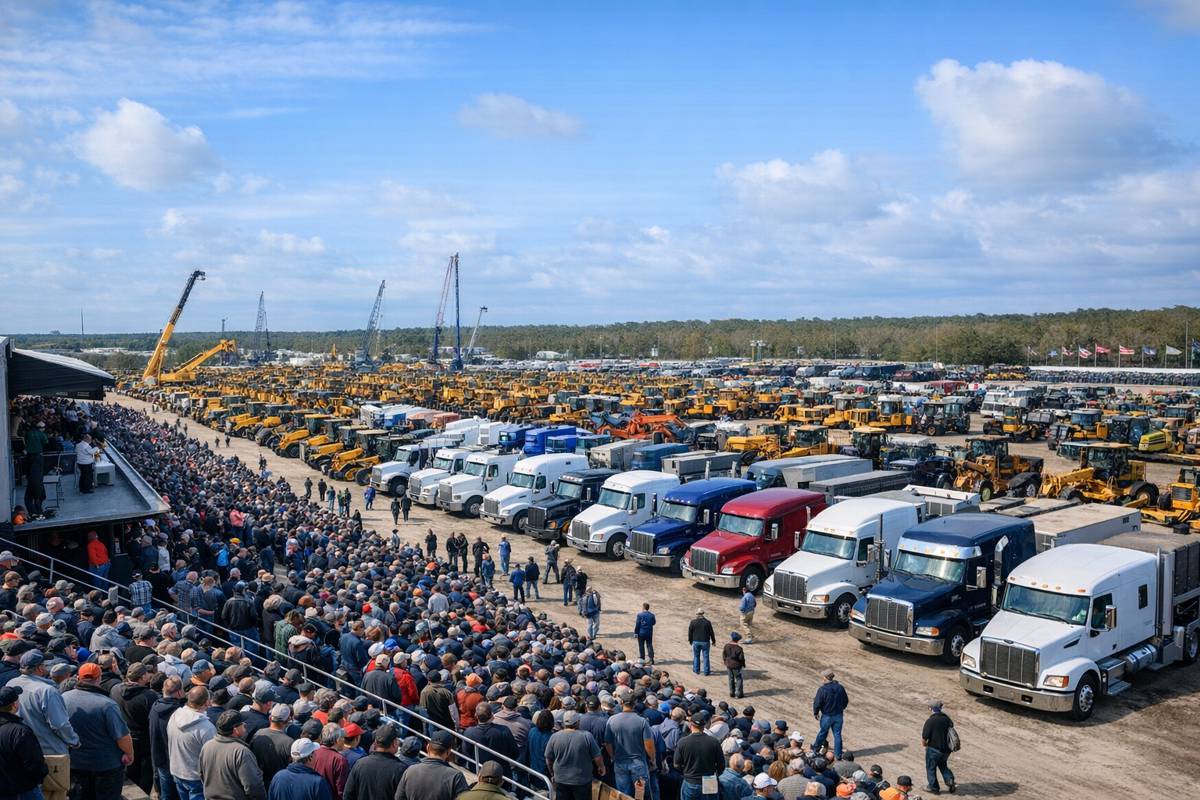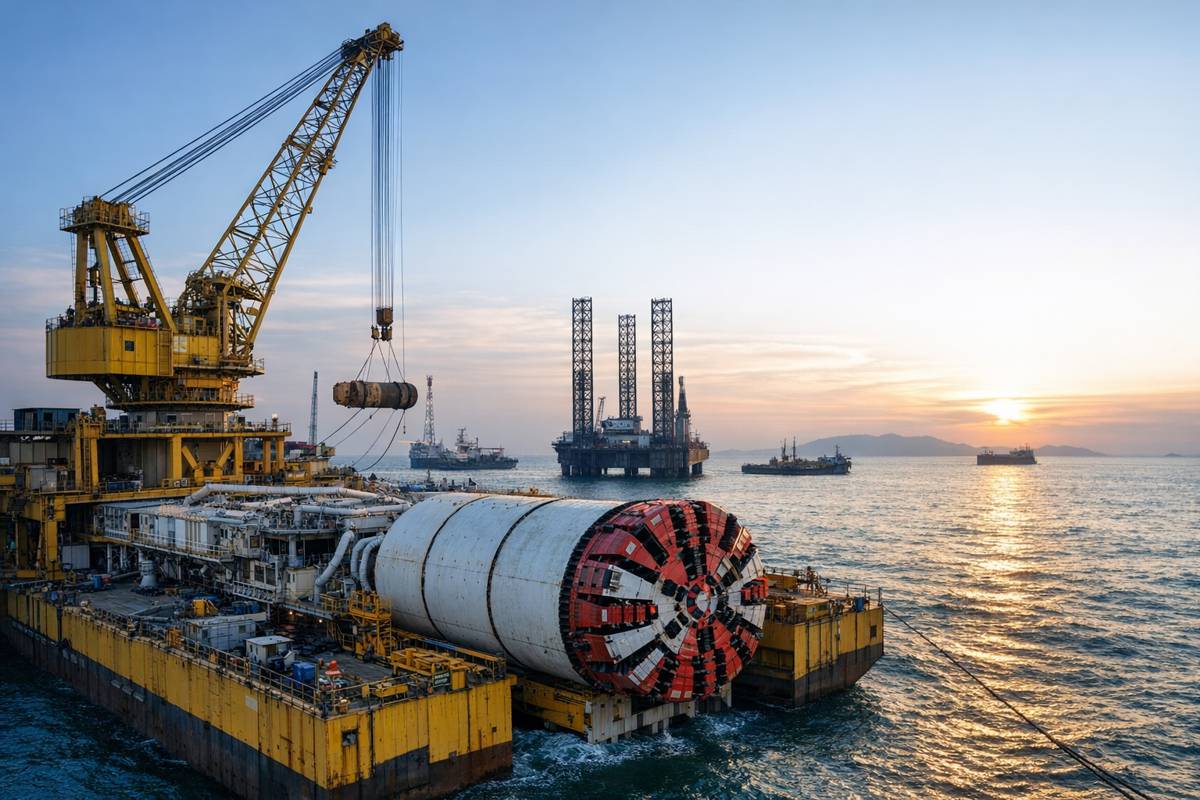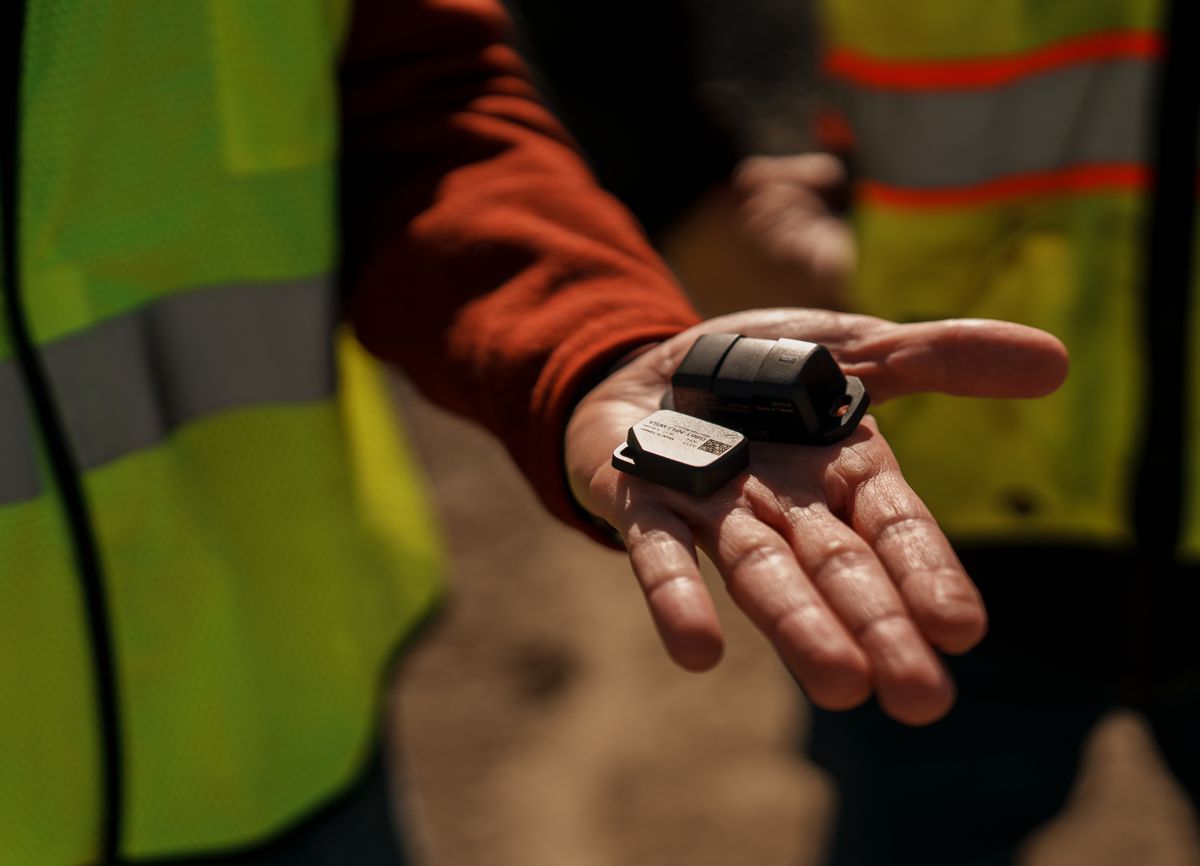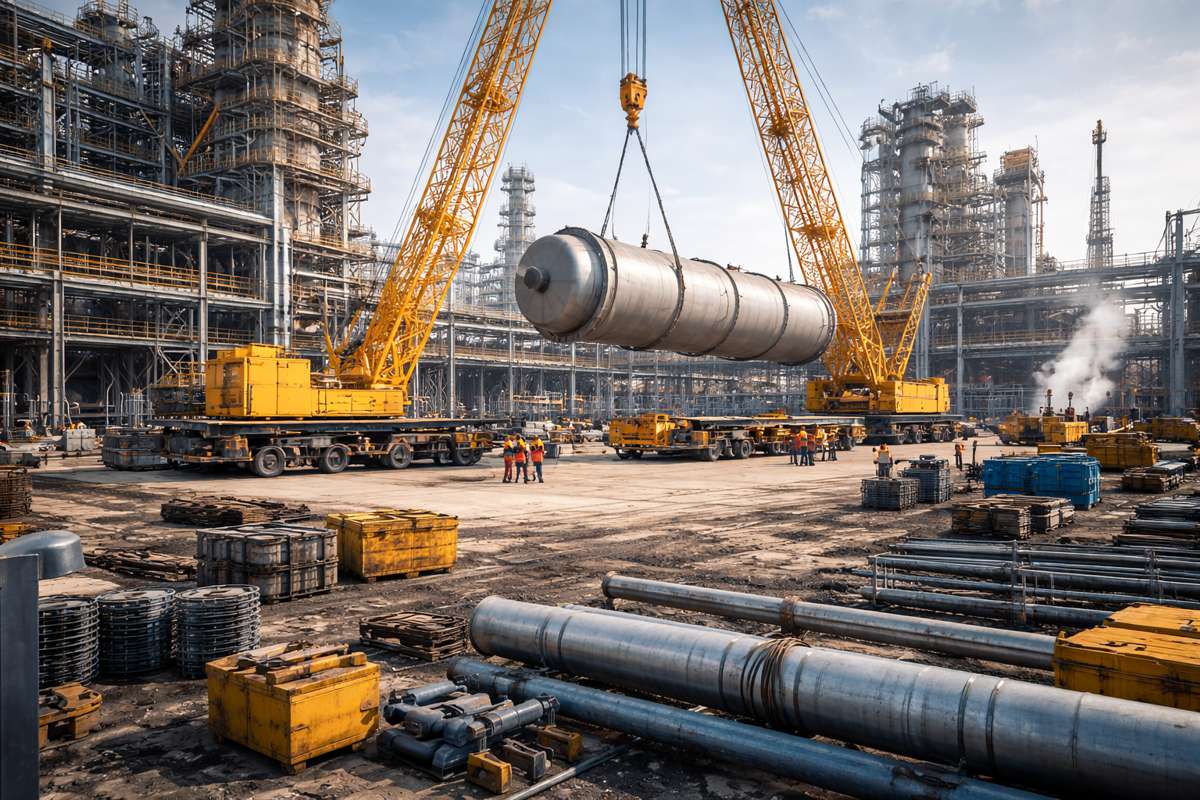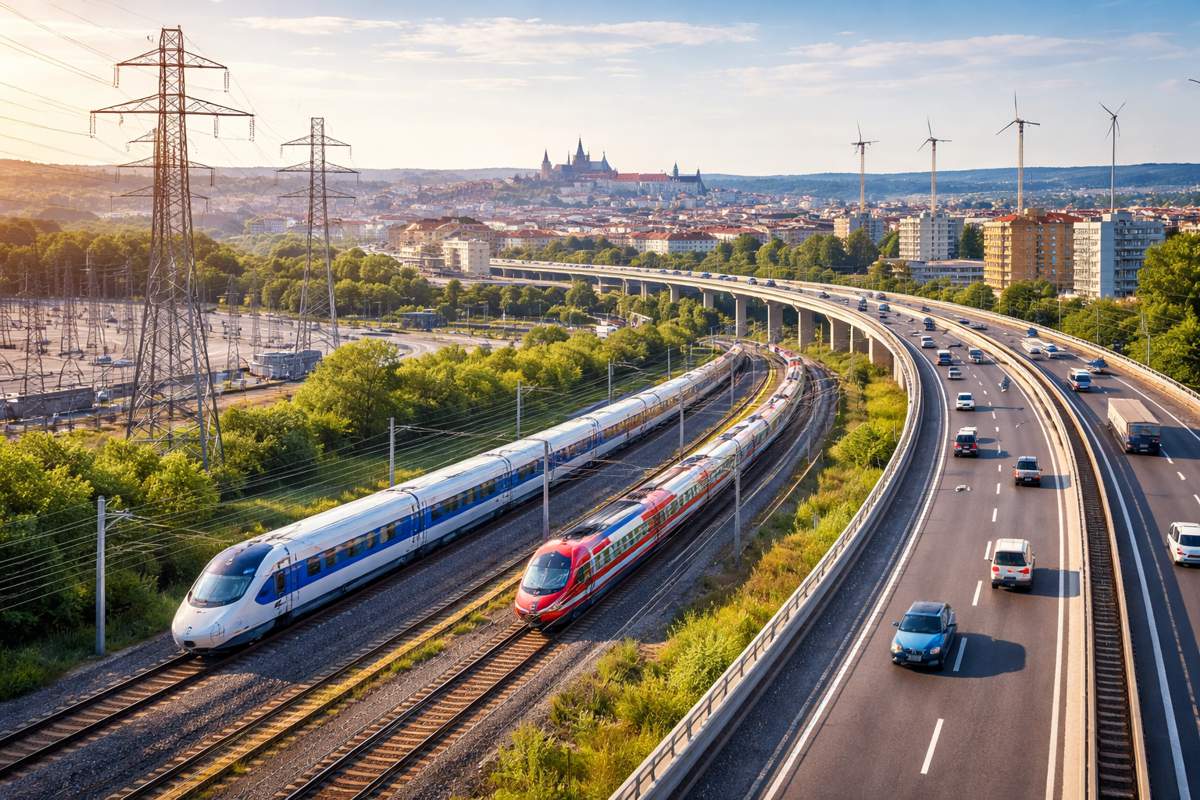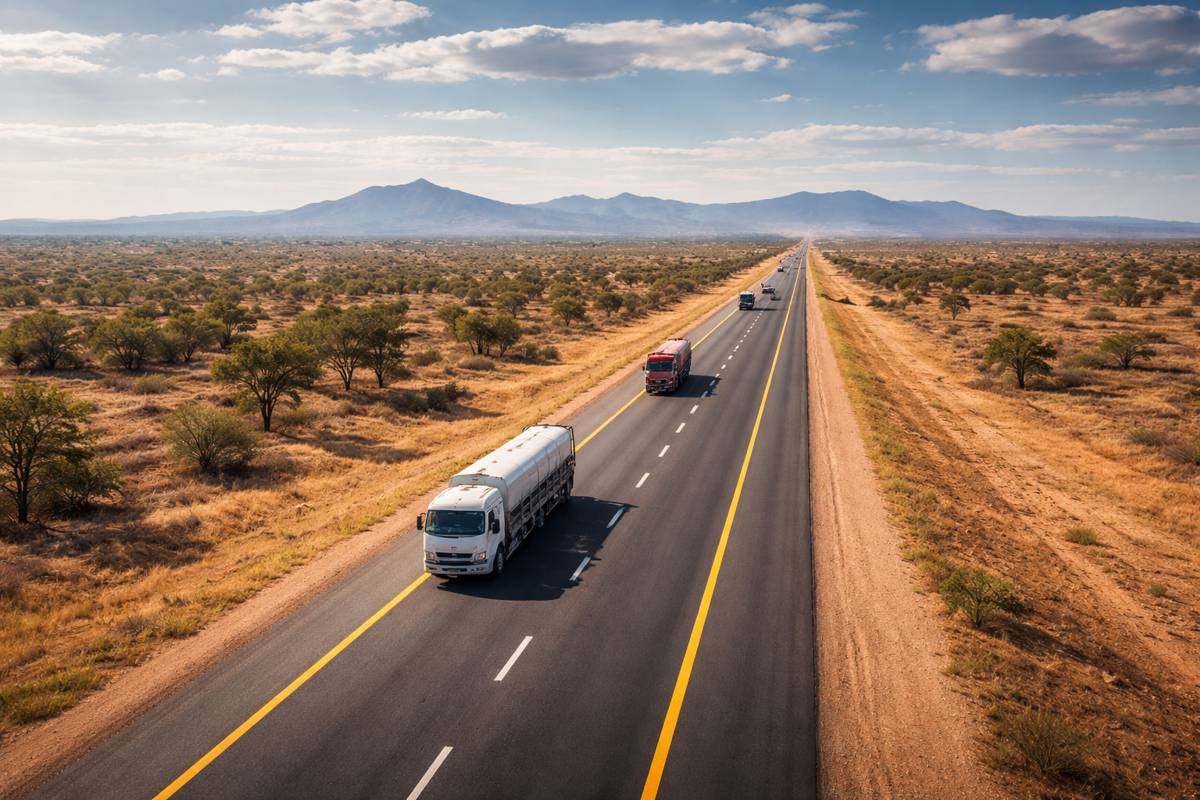EIB Backs Iberdrola with €25.9m for Gatza Wind Farm in Greece
In a move that underscores Europe’s determination to accelerate the green transition, the European Investment Bank (EIB) has signed a €25.9 million financing package with Iberdrola to develop the Gatza wind farm in central Greece. More than a financial arrangement, this is a milestone in Europe’s roadmap to electrification, energy security, and sustainability.
Powering Greece’s Renewable Momentum
The financing package for the Gatza project is split into two parts: a €10 million loan from the EIB’s own resources and a further €15.9 million from the European Union’s Recovery and Resilience Fund. Located across the municipalities of Orchomenou and Lokron, in the regions of Viotia and Fthiotida, the wind farm will generate 22.5 MW once operational.
This marks the first direct partnership between the EIB and Rokas, Iberdrola’s Greek subsidiary. When Gatza comes online, Iberdrola’s total installed capacity in Greece will climb to 443.5 MW, solidifying its standing as one of the nation’s largest renewable energy players. The company also operates 20 MW of capacity in Cyprus, further expanding its regional footprint.
Strengthening Europe’s Energy Backbone
According to the EIB, this project finance investment represents a strategic step towards building the infrastructure required for a secure, self-sufficient, and decarbonised energy system in Europe. The EIB’s green financing is designed to catalyse private investment, strengthen cross-border energy resilience, and promote technologies that reduce emissions.
The EIB’s support aligns with its broader mission as the European Union’s long-term lending institution. Guided by eight key priorities, climate action, digitalisation, defence and security, cohesion, agriculture, social infrastructure, capital markets, and sustainable development, the bank has become a cornerstone of the EU’s financial architecture.
In 2024, the EIB Group, which includes the European Investment Fund (EIF), signed nearly €89 billion in financing across more than 900 projects. Approximately 60% of its total annual investments supported climate action and environmental sustainability initiatives. The EIB also channelled more than €100 billion into energy security projects and €110 billion into venture and growth capital for Europe’s scale-ups and pioneers.
Iberdrola’s Expanding Role in Greece
Iberdrola’s Greek journey began in 2007 with the acquisition of Rokas, a local renewable energy developer. Since then, it has steadily built a diverse renewable portfolio across Central Greece, Crete, Thrace, Western Macedonia, Thessaly, the Peloponnese, and the Dodecanese islands. Today, the company operates 421 MW of installed capacity in Greece, a figure that will rise significantly once Gatza is connected to the grid.
Globally, Iberdrola is a heavyweight in clean energy. With a market capitalisation exceeding €100 billion, it stands as Europe’s largest electricity company and one of the two largest worldwide. The group serves more than 100 million customers, employs over 44,000 people, and manages assets worth over €160 billion. In 2024 alone, Iberdrola reported nearly €50 billion in revenue, €5.6 billion in net profit, and contributed €10.3 billion in taxes across its operational markets.
Since 2001, Iberdrola has invested over €175 billion in renewables, grid modernisation, and energy storage, all in pursuit of a fully electrified and sustainable global energy model. The company operates around 1.4 million kilometres of power networks spanning the United States, the United Kingdom, Brazil, and Spain, and manages 57,000 MW of installed capacity, of which 45,000 MW are renewable.
Greece’s Renewable Transition
Greece has made notable progress in transitioning from fossil fuels to clean energy. The nation aims to generate 80% of its electricity from renewables by 2030, a target that requires accelerated investment in both onshore and offshore wind.
The country’s geography offers significant wind potential, particularly in Central Greece and island regions. However, projects have faced challenges related to permitting, environmental constraints, and grid capacity. Despite these obstacles, Greece’s government remains steadfast in its commitment to decarbonisation.
The Gatza wind farm contributes directly to this agenda, supporting local economies and job creation while reducing dependency on imported fossil fuels. It also aligns with the EU’s Green Deal and Greece’s national energy and climate plan, which seeks to integrate renewables into every layer of the energy system.
A Strategic Alliance for Europe’s Future
The partnership between the EIB and Iberdrola goes far beyond the Gatza project. It represents a model for public-private collaboration that can accelerate Europe’s green transition. The EIB’s financial muscle combined with Iberdrola’s operational expertise creates a powerful vehicle for delivering sustainable infrastructure.
The collaboration also reflects a broader European ambition: to foster energy independence, reduce carbon emissions, and stimulate innovation in the renewable sector. By funding projects like Gatza, the EIB is not only meeting its climate finance objectives but also supporting regional cohesion by investing in areas where income per capita falls below the EU average.
Challenges on the Horizon
While the project promises long-term benefits, it also faces short-term hurdles. Environmental assessments, community engagement, and grid integration remain critical challenges. Local opposition to wind projects can arise from aesthetic or ecological concerns, and ensuring transparency in permitting will be key to maintaining public trust.
Moreover, global supply chain constraints and cost inflation in construction materials may affect project timelines. However, with robust risk management and strong EU support mechanisms in place, the Gatza wind farm is expected to progress smoothly.
Driving a Sustainable Legacy
The Gatza project is a small but symbolic piece of Europe’s energy puzzle. It demonstrates how coordinated financing, strategic partnerships, and regional policy alignment can bring tangible results in the transition to clean energy.
For Greece, it represents both an environmental and economic win: cleaner air, enhanced energy security, and local employment opportunities. For Iberdrola, it strengthens its presence in a rapidly growing renewable market. And for the EIB, it reaffirms its role as the EU’s Climate Bank, a driver of the global shift toward sustainability.
As the turbines begin to spin over the hills of Central Greece, they will symbolise more than just power generation. They’ll represent Europe’s shared determination to build a resilient, low-carbon future.
